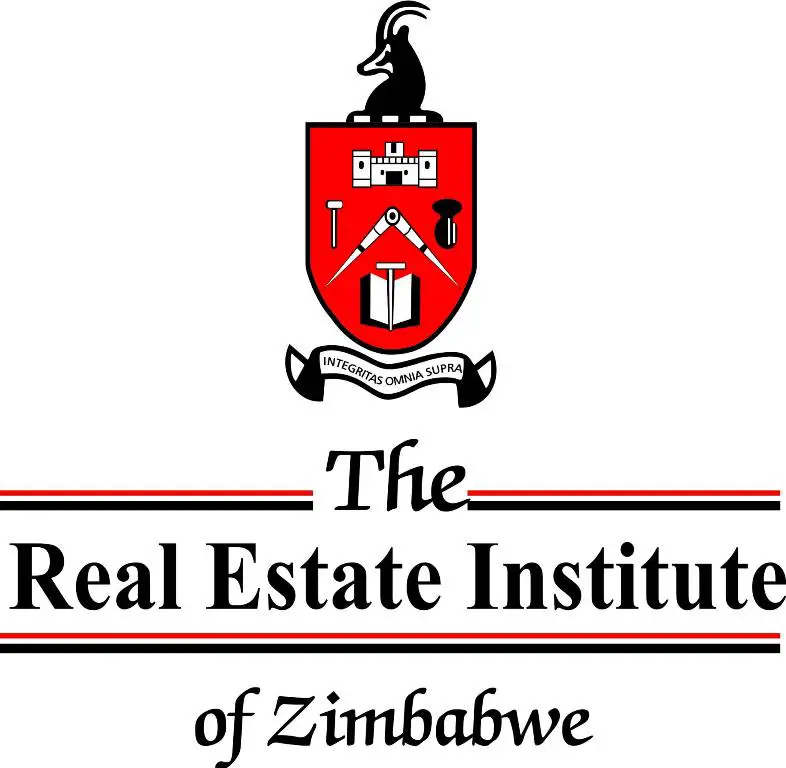The Real Estate Institute of Zimbabwe (REIZ), hosted a Building Maintenance Training Workshop on the 17th of February 2017 in Harare.
The workshop was held under the theme “Planning, Scheduling and Management of Maintenance , Safety and Security Systems and Techniques in Buildings”.
The workshop was designed for those responsible for building and facilities management. This included property managers, property owners, building concessionaires and caretakers, building supervisors and maintenance managers.
Issues mostly to do with efficient and effective maintenance, safety and security systems and techniques were discussed in the workshop.Topics covered in the workshop included the following:
– Overview of building designs in Zimbabwe
– Building maintenance techniques
– Safety of lifts and escalators
– Security systems
– Waste and fire management
– Green building principles
The workshop has a Continued Professional Development (CPD) rating of six hours . Members have to satisfy their requirements, which are a minimum of 10 hours of CPD per annum and 40 hours within 3 years.
A review will be carried out annually at a date that will coincide with the Annual General Meeting and as such a development record will be sent to all members to fill in before such date.
REIZ in a statement before the workshop said “The importance of efficient and effective maintenance, safety and security systems and techniques in buildings cannot be overemphasized. In order to be competitive in a fast pace and turbulent environment , effective and reliable (lean)maintenance is no longer an option but a must.”
“Safety and security systems in buildings must not only be modern but innovative in order to ensure safe and secure usage of buildings.
Building staff must be motivated through continued training and education in order to ensure internal and external customer satisfaction. Improved use of building facilities and resources leads to an effective planning tool that can assist in addressing the three demon D’s of defects, delays, and deviations.

